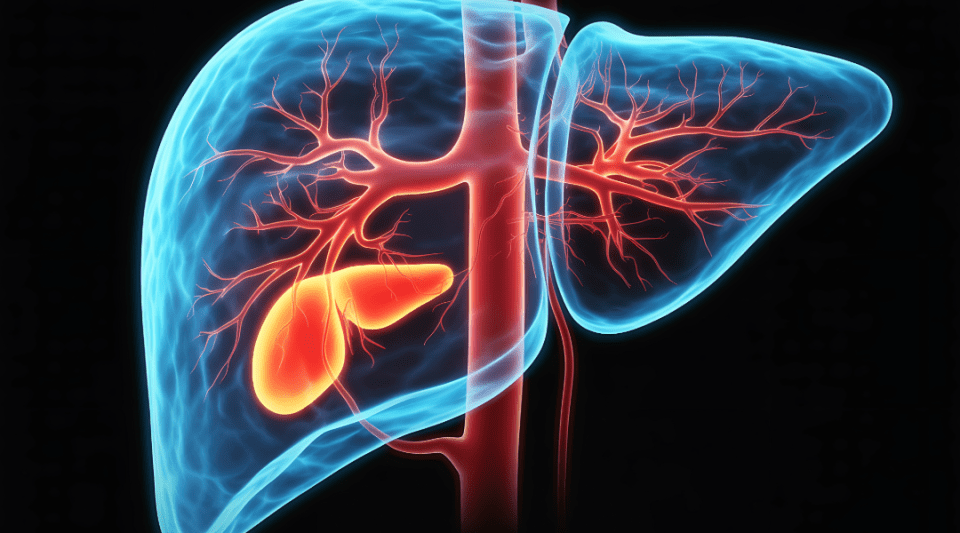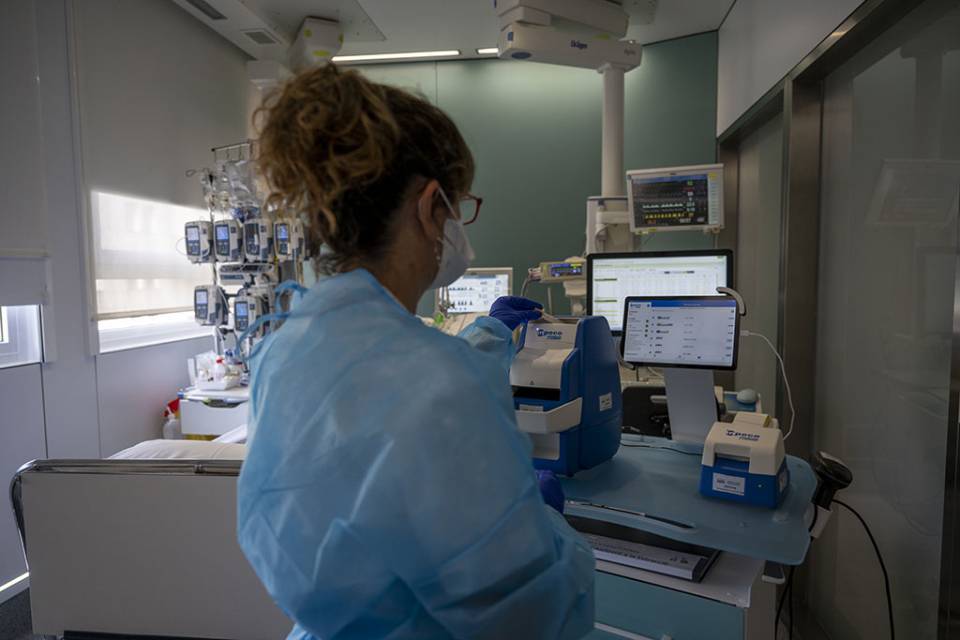In recent years, lung cancer treatment has undergone a genuine revolution. What was once a disease with limited therapeutic options has become a field where scientific breakthroughs and therapeutic innovation have significantly improved patients’ survival and quality of life.
Groundbreaking advances in lung cancer treatment
This progress has been made possible thanks to an increasingly precise understanding of tumour biology and the incorporation of targeted therapies and immunotherapy. Today we know that lung cancer is not a single disease, but rather a group of subtypes with specific molecular alterations that can be treated in a personalised way. The introduction of therapies targeting genomic alterations such as EGFR, HER2, ALK, ROS1 or MET, among others, has enabled lasting responses in selected patients.
In this context, the personalised approach promoted by the Precision Medicine in Cancer Programme of CatSalut and our Molecular Core offers a unique opportunity to ensure that all patients can access advanced molecular testing and personalised treatments based on their genomic alterations.
Immunotherapy and radiotherapy: transforming clinical practice
Immunotherapy has represented a paradigm shift, stimulating the body’s own immune system to recognise and eliminate tumour cells. The use of these drugs, either alone or combined with chemotherapy, surgery or radiotherapy, has greatly expanded therapeutic options—both in advanced stages and earlier phases of the disease, where they are already being used in neoadjuvant, adjuvant and consolidation treatments with very positive results.
Radiotherapy has also achieved extraordinary technological progress. New image-guided irradiation techniques, daily treatment adaptation and stereotactic body radiotherapy (SBRT) enable more precise treatment with less toxicity, offering curative options for selected patients and improving local disease control. These advances have made radiotherapy a cornerstone of comprehensive lung cancer management.
Prevention, early detection and multidisciplinary care
Despite these advances, lung cancer remains one of the leading public health challenges. Prevention and early detection through screening programmes are key to reducing the mortality associated with this disease.
At our hospital, the Thoracic Tumours Unit works in a multidisciplinary way to provide comprehensive care that combines clinical excellence with translational research and active participation in international clinical trials, ensuring that all these innovations are rapidly integrated into patient care. Within the Clínic Barcelona Comprehensive Cancer Center, this connection between research, healthcare and innovation represents an important opportunity to continue improving outcomes and quality of life for patients.
Today serves as a reminder that every advance in research and therapeutic innovation is another step towards a future of hope for people living with lung cancer.





